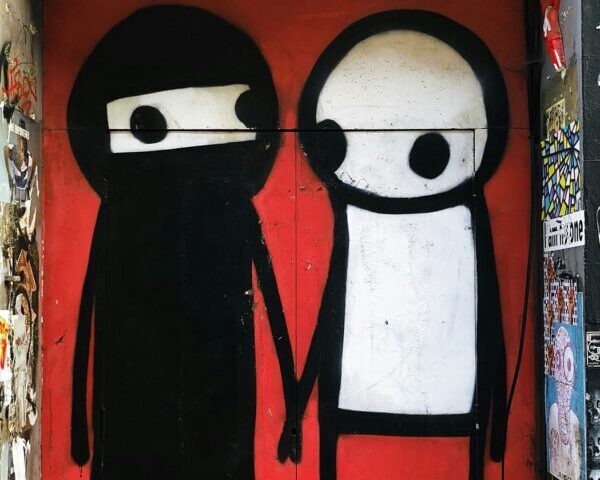What If I Had Known Elizabeth Finch and She Had Known Me?
Elizabeth Finch is a fictional creation with a talent for interpreting the past and teasing out it's lessons for the present. But as brilliant as she was, she put none of her energies into worrying about the future and any legacy she could hypothetically leave. It makes you want to have known her.




